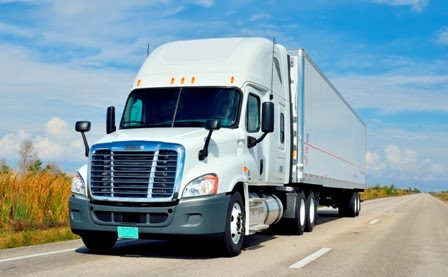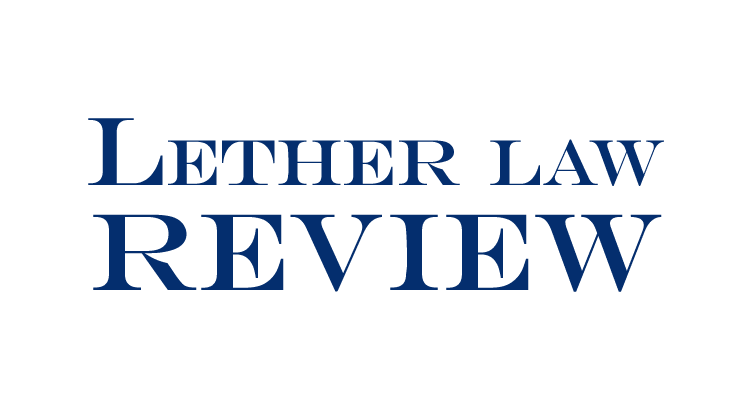
Mandatory Liability Insurance Requirements for Commercial Trucking
are state and federal mandatory liability insurance requirements. Specifically, most states have express mandatory limit requirements for intrastate trucking in order to protect the general public from truckers who do not maintain adequate limits. Most states have express policy form requirements on commercial trucking policies.
In addition to state requirements, there is an express federal requirement for truckers who are delivering goods on an interstate basis. This requirement is a product of the Federal Motor Carrier Act of 1980. 49 U.S.C. §3119. Pursuant to this statute, the Secretary of Transportation adopted 49 C.F.R. §387, which in turn created the requirement for any motor carrier operating in interstate commerce to carry an MCS-90 public liability endorsement.
For those attorneys and insurers who are not familiar with the MCS-90 endorsement, the general rule and purpose behind this federal requirement is to provide protection to the public for damage and injuries resulting from trucking accidents regardless of any coverage issues under the insured’s commercial auto policy. Consistent with the federal regulation, most truckers insured under commercial auto liability policies maintain an MCS-90 endorsement as part of their auto policy.
MCS-90 Indemnity Coverage
Generally, the MCS-90 endorsement requires insurers to provide indemnity coverage up to certain stated amounts, (typically $750,000 of mandatory coverage), even if there is no coverage available under the policy itself. This coverage is mandatory regardless of whether or not the policy provides coverage. For instance, one issue that arises frequently is the situation in which the insured was not operating an “insured auto” at the time of an accident. Although there would be no coverage for that insured under the primary coverage part, the insurer may be obligated under the MCS-90 endorsement to indemnify the insured up to the minimum limit for any bodily injury or property damage suffered by third parties as a result of the accident.
Because of this requirement insurers are often times expected to pay significant sums on a liability claim even though the accident may involve a non-insured truck, a non-insured or unlisted driver, a lapse in coverage, etc.
There are number of issues involved with the MCS-90 endorsement. For instance, the endorsement does not require the insurer provide a defense to an insured who otherwise does not have coverage. In addition, under the regulation, commercial auto insurers are entitled reimbursement from the insured of any amounts paid as a result of the application of MCS-90.
As a result, insurers are confronted with the question of whether they should provide a courtesy defense simply to control the indemnity exposure even though under the regulation itself there is no defense obligation. There is also always the question of whether or not it is worth pursuing a reimbursement action if in fact payments are issued under the regulation in the absence of coverage.
One other issue that arises in the analysis of whether and how to apply MCS-90 is the fact that certain courts have not yet ruled on whether it applies in trip-specific situations in which the accident occurs when the driver is not engaged in interstate commerce. There is a split of authority amongst most jurisdictions and the issue has not been elevated to SCOTUS. Canal Ins. Co. v. YMV Transp., Inc., 867 F. Supp. 2d 1099 (W.D. Wa. 2011). As a result, it is not entirely clear under the law whether MSC-90 coverage would be triggered if, for instance, an accident occurs during a solely in-state delivery of goods.
Finally, there is also always a concern that a commercial trucking insurer may inappropriately deny coverage and not apply the requirements of MCS-90 to a particular claim. This can be particularly problematic in states that recognize extracontractual liability.
Given the complexities of both state required forms and the application of MCS-90 for interstate trucking, it is important to be familiar with how the state and federal regulations operate. Lether Law Group represents a number of commercial trucking insurers throughout the United States. As a result, we have extensively handled claims involving the application of these regulations, particular the application of MCS-90. We have also litigated these issues and represented insurers in actions to recover benefits paid under the regulation.
If you would like to discuss specific MCS-90 issues or issues involving state required liability filings for commercial trucking, please contact our offices.

